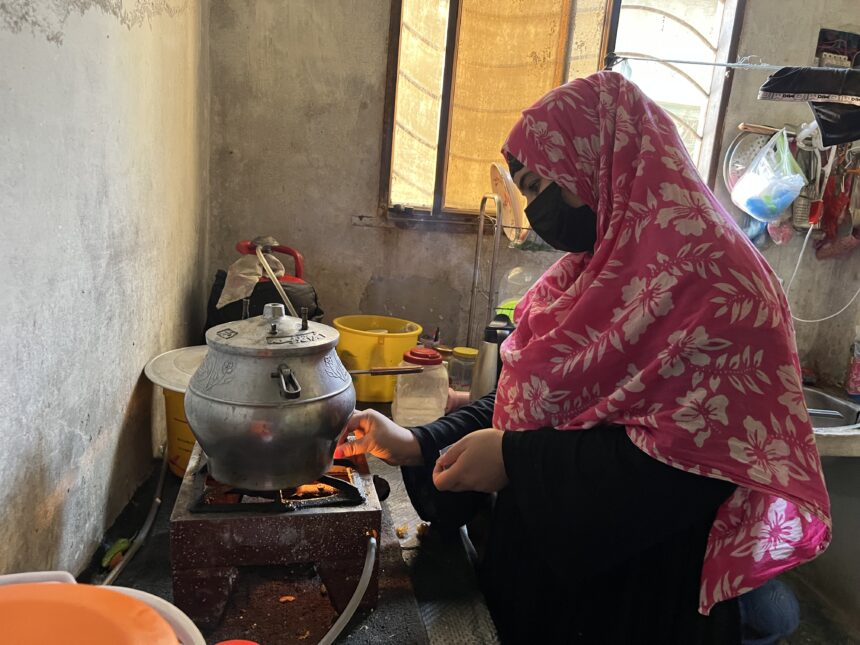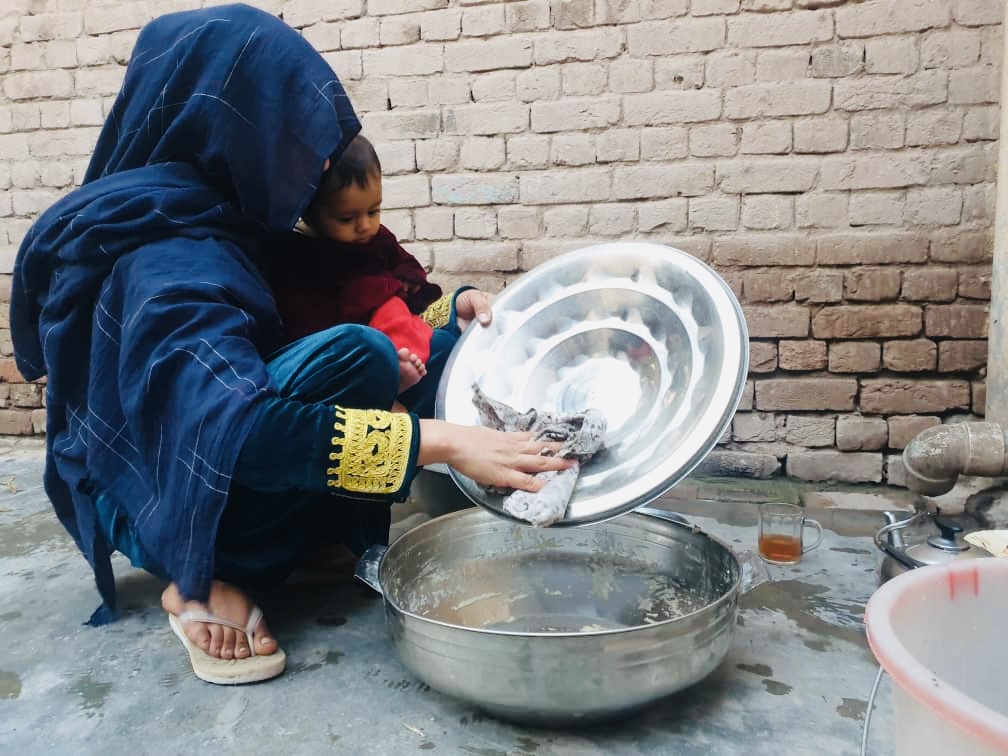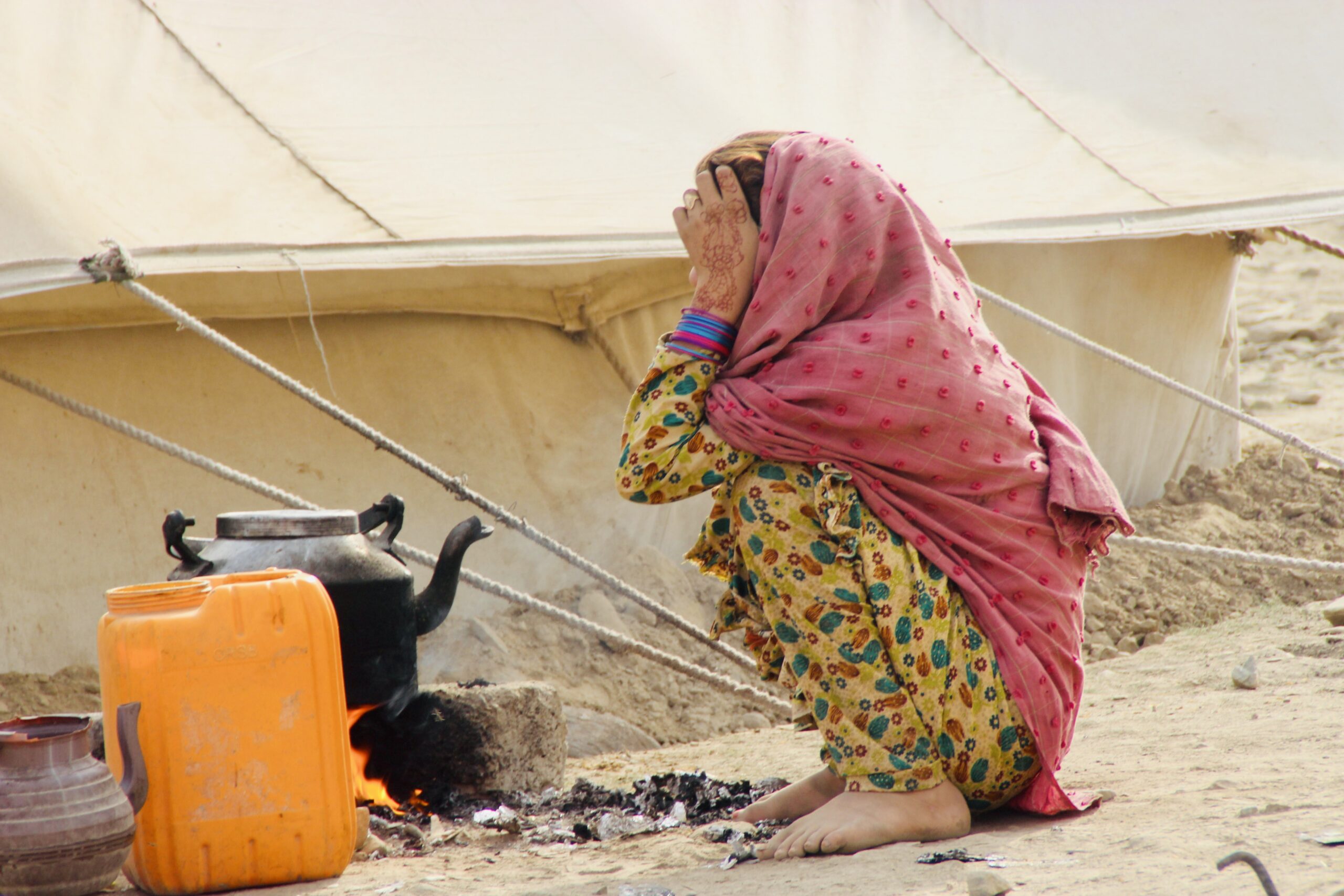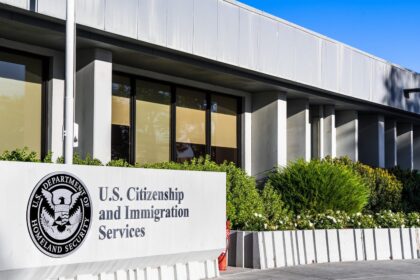For over two years, Lina Bura, a former Afghan government employee and human rights advocate, has lived in Pakistan, seeking refuge from the Taliban’s regime. Now, she faces the imminent threat of deportation back to Afghanistan, a move she fears would be a death sentence.
“We tried to stay in Afghanistan, but the situation worsened daily,” Bura recounts. “My husband was beaten, my colleagues were tortured, and one was killed. We had no choice but to flee.”
Without passports or visas, she and her family navigated treacherous routes, facing detention and interrogation. “We traveled at night, crossed through Spin Buldak, and endured countless hardships,” she says. “My husband was detained for three hours; my daughter and I were questioned extensively.”
Since their arrival, life has been a constant struggle. “We can’t work legally, our children can’t attend school, and we live in fear of police raids,” Bura explains. “My husband has been arrested multiple times, and our landlord threatens eviction.”
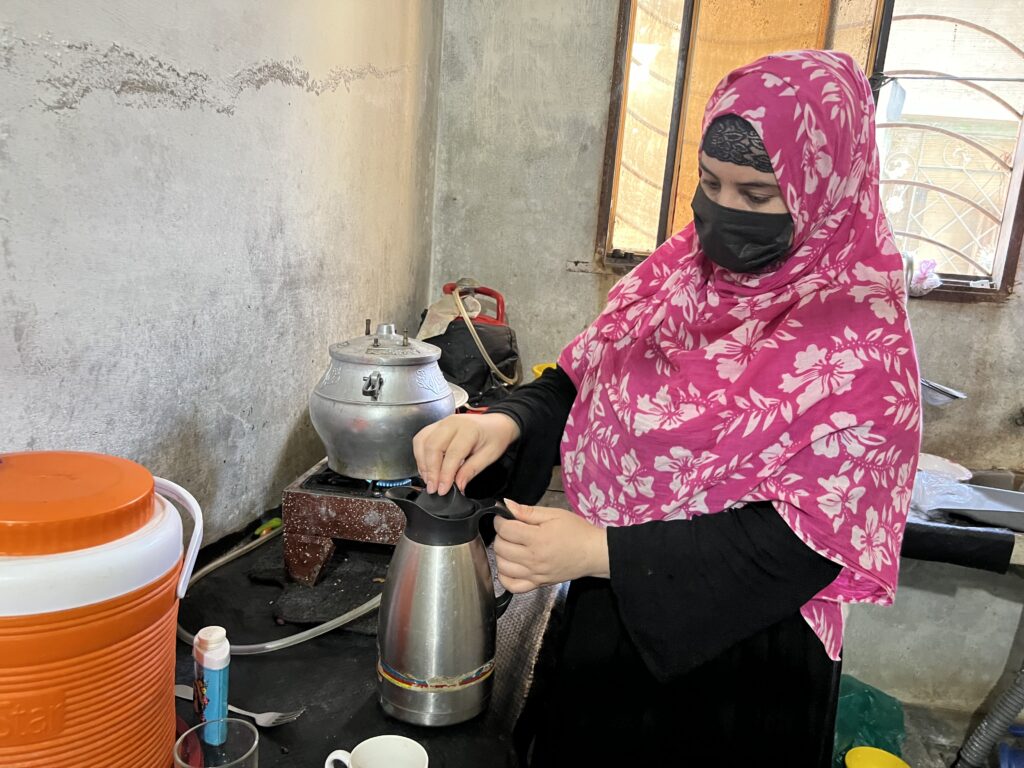
Thousands of Afghan refugees in Pakistan, many of whom are women activists, journalists, and former government employees, face similar threats. The Pakistani government’s recent crackdown on undocumented Afghans has intensified their plight.
In October 2023, Pakistan announced a phased deportation plan targeting undocumented Afghans, including those awaiting resettlement in third countries. By March 2025, over 800,000 Afghans had been deported or forced to return, with women and children comprising 70% of those affected.
Human rights organizations have condemned these actions. Amnesty International’s Deputy Regional Director for South Asia, Isabelle Lassée, stated, “The Pakistani authorities are violating the rights of Afghan refugees with impunity, subjecting them to arbitrary decisions that are shrouded in secrecy, totally lacking transparency and accountability”.
The United Nations High Commissioner for Refugees (UNHCR) has also expressed concern. “Forced return to Afghanistan could place some people at increased risk,” said UNHCR Representative Philippa Candler. “We urge Pakistan to continue to provide safety to Afghans at risk, irrespective of their documentation status”.
Despite these appeals, the Pakistani government remains steadfast. Minister of State for Interior Talal Chaudhry asserted, “We have hosted Afghans in the country for four decades, showing our hospitality and generosity, but it cannot continue indefinitely. They will have to return”.
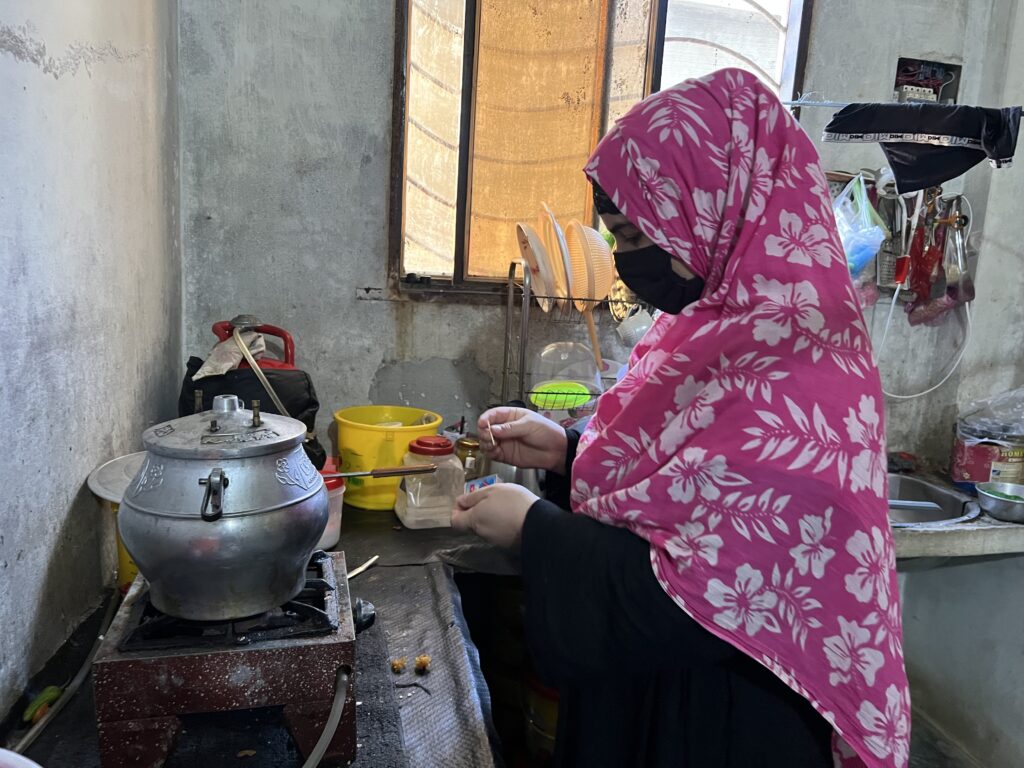
For Bura and others like her, the prospect of returning to Taliban-controlled Afghanistan is terrifying. “If we are deported, we face the risk of death,” she says. “The Taliban does not recognize women’s rights, and our past work makes us targets.”
The international community’s response has been criticized as inadequate. Many refugees, including Bura, have pending resettlement cases with countries like the United States and Canada. However, delays and bureaucratic hurdles have left them in limbo.
“We plead with UNHCR and the international community to expedite our cases,” Bura urges. “Our children’s futures are at stake. We need safety, education, and the chance to live without fear.”
Afghan refugees holding Proof of Registration (PoR) cards, issued by the United Nations High Commissioner for Refugees (UNHCR), have been granted an extension to remain in Pakistan until June 30, 2025. After this date, they are expected to return to Afghanistan or secure resettlement in third countries .
Afghan refugees who are in the process of being resettled to third countries have been given until September 2025 to complete their relocation. Those who fail to secure visas by this deadline will be classified as illegal immigrants and face deportation.



